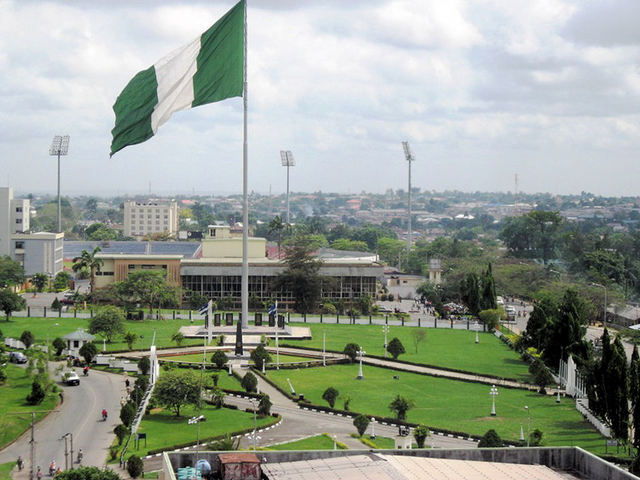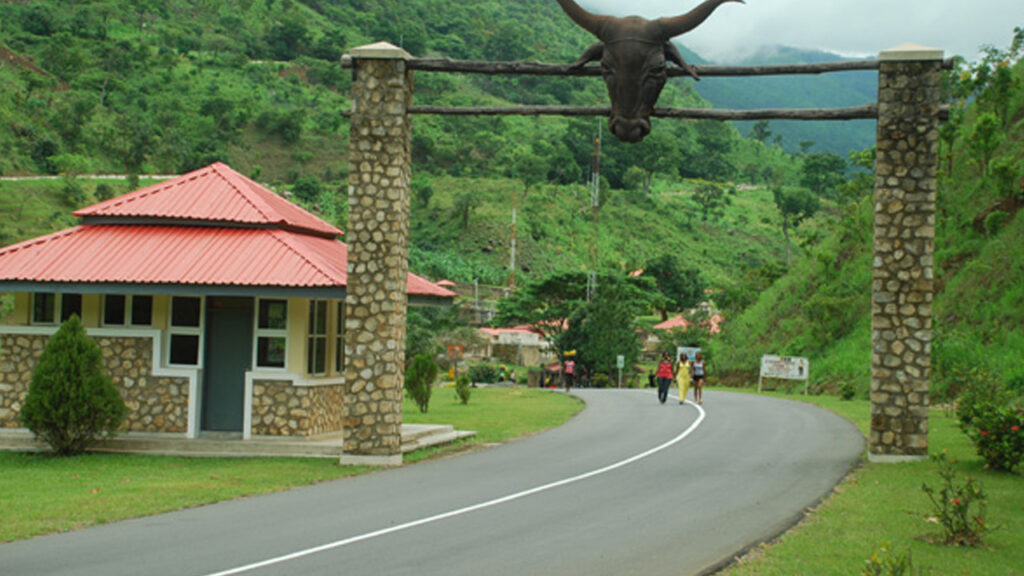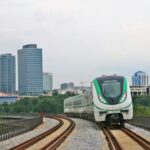
BENJAMIN ALADE spoke with experts on the prospect of states’ participation in rail sector development.
The Nigerian Railway Corporation (NRC), arguably Nigeria’s longest surviving government business had a stronghold on the rail sub-sector of the economy holding down its development for 68 years when it became transformed in 1955 or longer, 125 years since the first tram ran on rail tracks in Lagos in 1898.
The NRC is, perhaps, the last state-owned enterprise to which the Federal Government has exclusive rights.
By moving rail development from the exclusive to the concurrent list, the government demonstrated its commitment to the consolidation of the Nigerian Railway Development Master plan.
Besides, experts argued that NRC’s new status would help consolidate the gains of the past 14 years, and lay a solid foundation for the plan.
NRC’s Managing Director, Fidet Okhiria said the amendment to the NRC 1955 Act would help attract more investments in the rail sector.
To date, Lagos became the first to massively invest in the rail system, and its strides arguably may have strengthened the call for the amendment of the draconian Act, which consolidated rail investments and management in NRC.
On January 24, 2023, President Buhari inaugurated the Lagos Blue Line, while the Red Line is slated for commissioning by May.
Lagos took sail off the Southwest zone’s attempts to come up with a regional rail system, which it toyed with between 2006 to 2007 and packaged by the Development Agenda for Western Nigeria Commission (DAWN).
The Federal Capital Territory Authority (FCTA) also came up with a light rail, which is rotting away after being abandoned for years, while the rail system proposed by Rivers State under former Governor Rotimi Amaechi has become a relic despite achieving a 60 per cent completion rate as at 2015.
Nigeria, with a population of about 220 million had five states among them – Bayelsa (2.27m), Nasarawa (2.52m), Taraba (3.06m), Kwara 3.2m) and Gombe (3.25m) with the least population. What this means is that should any of the states in Nigeria decide to invest in rail systems, all have the population to push it.
Former Dean of the School of Transport and Logistics, Lagos State University (LASU), Prof. Samuel Odewumi, described the gesture as a welcome development, saying the immediate beneficiary is Lagos State, which has been developing its blue and red lines on the goodwill of the NRC. Now it is legal and within its domain.
Odewumi said other states can now buy into it. However, he said it should be taken as a regional or zonal project for optimum service delivery. It should have linkages with other states because the movement of people, services and goods does not terminate at the state’s boundaries.
According to him, it is something that a group of subnational units should embark upon for long-term return on investment.
“I will also want to suggest that some states with sufficient capacity and political will may request for the operations of the old narrow gauge lines, which could be rehabilitated within a specific region. This will reduce costs. This is similar in principle with what Lagos and Federal Government are implementing for the red line in Lagos, by alignment of the state’s operation with the Nigeria Railway Authority along Agbado-Marina line,” he said.
For states to achieve railway infrastructure, Chief Executive Officer of West Atlantic Cold-Chain and Commodities Limited, Henrii Nwanguma, recommended a wholesale repeal of the Railway Act, if the country wants to usher in a revolution in her logistics infrastructure and connectivity, especially as it relates to cost-effective and -an efficient movement of cargo in comparison to other parts of the world.
Nwanguma said the railway is not cheap and passenger services will never turn a profit. If the rail is developed with cargo assurance in mind, say from mining activities, which have also been opened up for states to participate in, then it will help development, especially of the hinterland.









